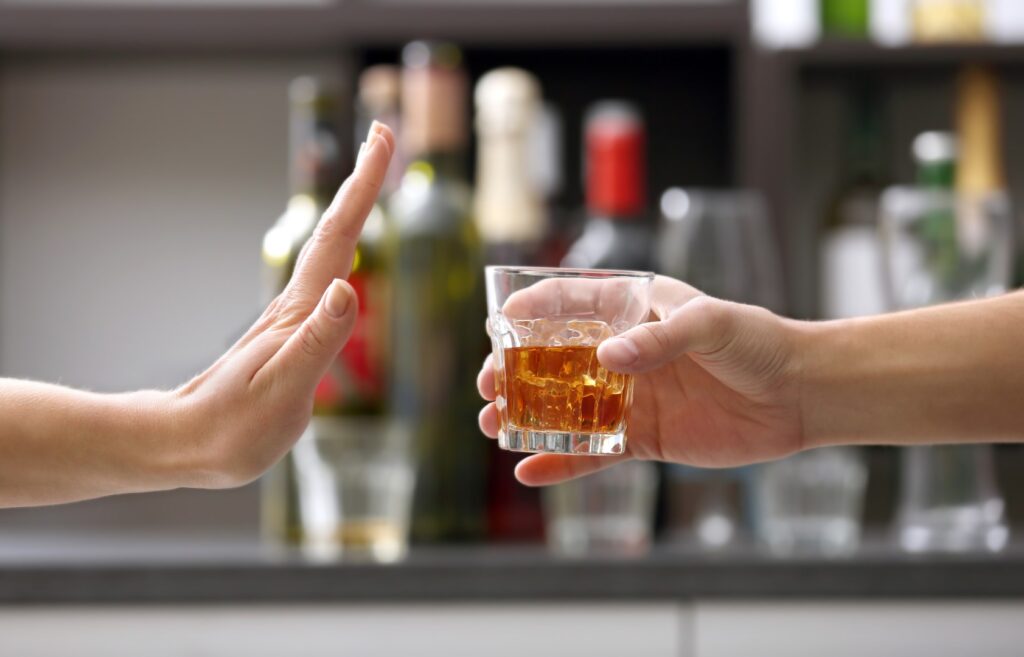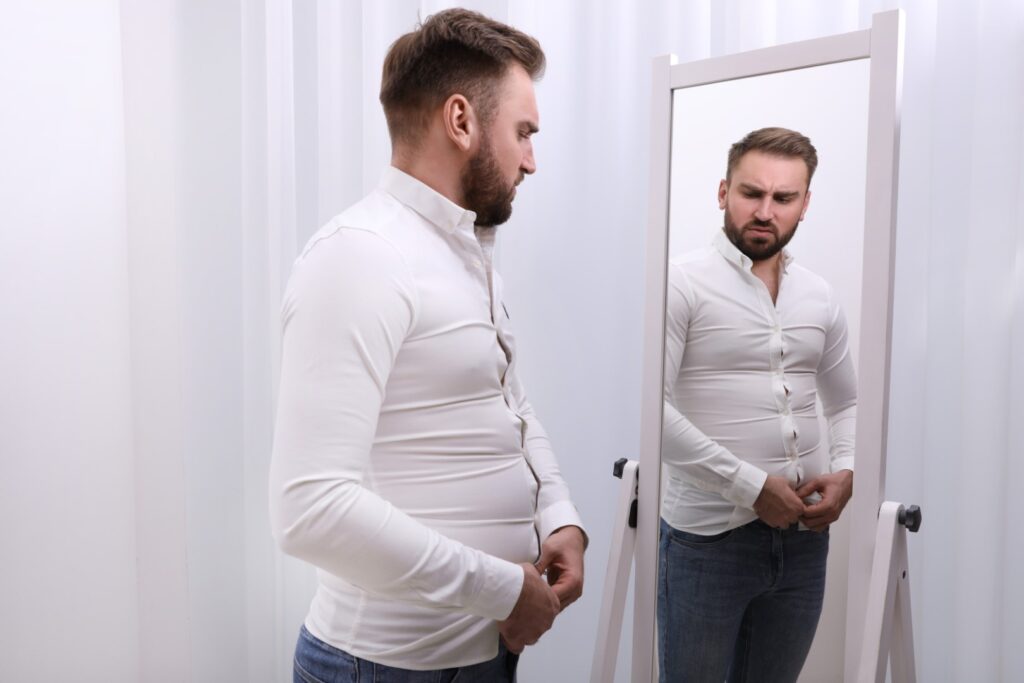Alcohol consumption is a common part of socializing and relaxing for many people. However, it can have negative effects on your fitness journey, especially if consumed in excess. In this blog, we will discuss the effects of alcohol on your fitness journey and provide tips on how to balance it.
How does alcohol affect your fitness journey?
Decreased performance and recovery
Alcohol can impair muscle growth and recovery. Studies show that drinking alcohol after exercise can decrease protein synthesis, which is essential for building and repairing muscles. Alcohol can also lead to dehydration, which can affect your physical performance and prolong recovery time.

Increased calorie intake
Alcoholic drinks contain calories, which can contribute to weight gain if consumed in excess. Additionally, alcohol can increase appetite, leading to overeating and a higher intake of unhealthy foods. This can make it difficult to achieve weight loss or maintain a healthy weight.
Impaired sleep quality
While alcohol may initially help you fall asleep faster, it can disrupt the quality of your sleep. Alcohol consumption can lead to interrupted sleep, making you feel tired and less motivated to exercise the next day. This can affect your overall fitness journey by decreasing the amount of time and energy you have to devote to exercise.
Increased risk of injury
Alcohol consumption can affect your balance, coordination, and reaction time, increasing the risk of injury during exercise. This is particularly true for activities that require fine motor skills, such as weightlifting or running. Additionally, alcohol can impair decision-making skills, leading to poor exercise choices that can increase the risk of injury.
Negative impact on mental health
Excessive alcohol consumption can lead to depression and anxiety, which can negatively impact your overall mental health. This can make it difficult to maintain motivation for exercise and other healthy habits. Additionally, alcohol can interfere with the effectiveness of some medications for mental health conditions.
How to balance alcohol consumption with your fitness journey?
Set limits
Setting limits on the amount of alcohol you consume is an essential step in balancing alcohol consumption with your fitness journey. The National Institute on Alcohol Abuse and Alcoholism recommends that men should not consume more than four drinks in a day and no more than 14 drinks in a week. Women should not consume more than three drinks in a day and no more than seven drinks in a week.
Choose low-calorie options
Choosing low-calorie options can help to minimize the impact of alcohol on your fitness journey. Light beer, wine, and spirits mixed with a low-calorie mixer are all good options. Avoid sugary mixed drinks, which can contain a high number of calories.

Stay hydrated
Drinking water in between alcoholic drinks can help to stay hydrated and reduce the negative effects of alcohol. Additionally, staying hydrated can help to reduce hangover symptoms, making it easier to exercise the next day.
Plan your drinks
Planning when to consume alcohol can help to balance it with your fitness journey. Avoid consuming alcohol before exercise or physical activity. Plan to drink alcohol after exercise, and give yourself enough time to recover before exercising again.
Monitor your mood
Monitoring your mood is essential when balancing alcohol consumption with your fitness journey. Excessive alcohol consumption can lead to depression and anxiety, making it difficult to maintain motivation for exercise. If you notice that your mood is affected by alcohol, consider reducing your intake or seeking professional help. In conclusion, alcohol consumption can have negative effects on your fitness journey, but it is possible to balance it. By setting limits, choosing low-calorie options, staying hydrated, planning your drinks, and monitoring your mood, you can enjoy alcohol in moderation without compromising your fitness goals. Remember to listen to your body and prioritize your health and well-being.



